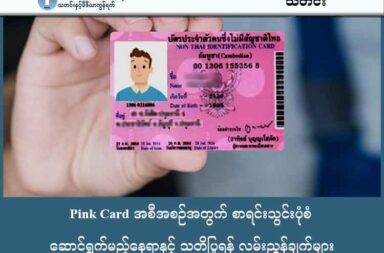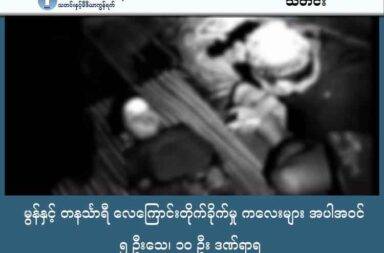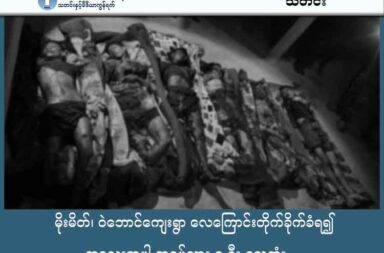Burma Govt Responsible for Ensuring Ethnic Secession Not Necessary
‘If ethnic people have equal rights, the Union won’t face disintegration. If they don’t have equal rights, the Union will disintegrate. It’s very simple,’ a KNU CEC member said.
By NETWORK MEDIA GROUP (NMG)
Friday, February 1, 2019
Burma’s government is responsible for ensuring that the country’s many ethnic nationalities do not want to secede from the Union, according to Karen National Union/Karen Liberation Army (KNU/KNLA).
Civil war in the country will also end once ethnic people are guaranteed equal rights and autonomy, a leader from the group announced on the 70th Karen Revolution Day, commemorated on January 31.
“If the government gives us full political equality and self-determination rights, we won’t depart from the Union,” Gen Saw Johnny, commander-in-chief of the KNLA said. “Who has the responsibility for non-secession? Don’t the Burman have a responsibility for the non-secession of the Karen?” he asked.
The statement was made to journalists during the revolution day proceedings, held in an area controlled by the KNLA’s Brigade 7.
The disagreement over the right to secession has been one of many issues causing a political deadlock in the government-led peace process.
One of the Burmese military’s key stated objectives is to ensure the “non-disintegration of the Union,” pointed out KNU central executive committee member Padoh Saw Thamein Tun.
“If ethnic people have equal rights, the Union won’t face disintegration. If they don’t have equal rights, the Union will disintegrate. It’s very simple,” he said.
Another challenge to the peace process in which the KNU has temporarily suspended its formal participation are shifts in the approaches by the previous Thein Sein-led administration and the government led by State Counsellor Daw Aung San Suu Kyi, KNU vice chairperson Padoh Saw Kwe Htoo Win said. Both have different interpretations of the Nationwide Ceasefire Agreement (NCA), to which the KNU is a signatory.
“Most leading persons who negotiated with ethnic armed organizations have already changed. Agreements depend on understanding. There are different definitions among stakeholders,” Padoh Saw Kwe Htoo Win said.


